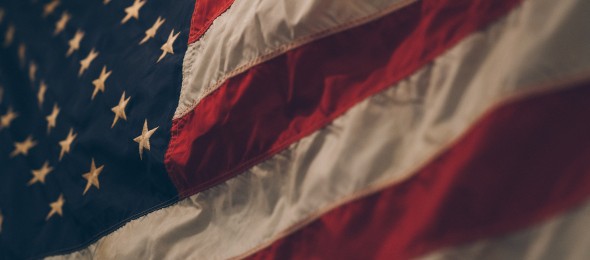Participants in patent mediation must be careful not to make assumptions regarding mediation privilege. Practitioners familiar with state law might assume a mediation privilege exists because many states have either adopted the Uniform Mediation Act (“UMA”), which provides mediation privilege, or have extended their confidentiality statutes in response to the UMA. State statutes providing for mediation privilege, however, do not apply in patent cases. As stated in ACQIS, LLC v. EMC Corporation, (D. Mass 2017):
In a patent case with no state law issues, state law does not “suppl[y] the rule of decision” for the particular “claim or defense” implicated by the privilege dispute, and claims of privilege are therefore governed by federal common law, unless the U.S. Constitution, federal statute, or rules prescribed by the Supreme Court provides otherwise. See Fed. R. Evid. 501.
Still, knowing that federal law applies to mediation privilege claims does not clarify the substance of the applicable federal law. Local rules in federal court can create additional confusion. 28 U.S. Code § 652(d) requires that:
[E]ach district court shall, by local rule . . . provide for the confidentiality of the alternative dispute resolution processes and to prohibit disclosure of confidential dispute resolution communications.
Although local rules provide for mediation confidentiality, there is an important distinction between confidentiality and privilege. Confidentiality is the ethical duty that lawyers owe their client. Under local rules, lawyers have a duty to keep mediation confidential. Privilege, on the other hand, acts as a protection to prevent disclosure of information. Even when information is confidential, it may still be subject to disclosure in litigation if no privilege exists. Local rules do not, and likely cannot, create a federal mediation privilege. The Ninth Circuit clarified this point in Facebook, Inc. v. Pacific Northwest Software, Inc., (9th Cir. 2011):
A local rule, like any court order, can impose a duty of confidentiality as to any aspect of litigation, including mediation. See N.D. Cal. ADR L.R. 6–12(a); see also 28 U.S.C. § 652(d). But privileges are created by federal common law. See Fed. R. Evid. 501. It’s doubtful that a district court can augment the list of privileges by local rule.
The final potential avenue for mediation privilege protection is federal common law. Unfortunately, federal courts are split over whether a federal mediation privilege exists and the Federal Circuit has avoided creating such a privilege.
The ACQIS court issued the most recent decision recognizing a federal mediation privilege. In the case, ACQIS attempted to invoke mediation privilege to prevent disclosure of settlement communications after a failed patent mediation. As a matter of first impression, the court held that a federal mediation privilege exists at common law. The court further outlined the scope of the federal mediation privilege:
[C]ommunications to which a mediator was personally privy, communications that were directly made at a mediator’s explicit behest, or communications undertaken with the specific intent to present them to a mediator for purposes of mediation are protected by the federal mediation privilege. Settlement negotiations in which a mediator is not actively and directly involved that follow a formal mediation are not protected by the mediation privilege, even when they contain information learned during the mediation or where they occurred in light of mediation, and such communications must therefore be produced barring any other applicable rules.
Because federal common law is still settling on whether a federal mediation privilege exists, and the scope of the privilege if it does exist, it is especially important for patent practitioners to stay up-to-date on the related federal law in their jurisdiction.
Photo by: Samuel Branch on Unsplash














